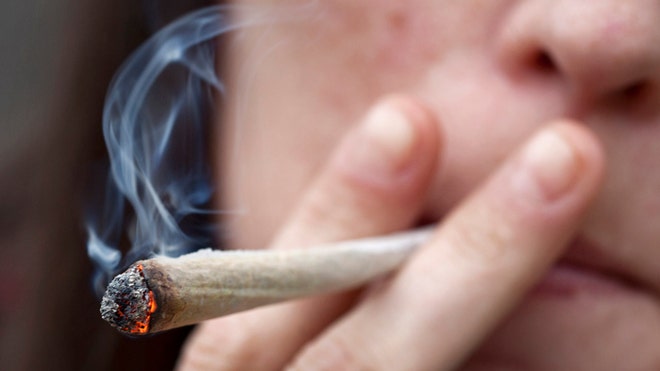“A federal study completed more than two years ago reportedly found that marijuana’s main ingredient did not cause cancer in laboratory animals. A 126-page report on the $2 million study has not been published, although expert reviewers found in June 1994 that the scientific methods used and the conclusions reached were sound, The Boston Globe reported today.
The findings go against the contention of some federal officials that marijuana is carcinogenic. The study will likely add grist to the debate over using marijuana for medical treatment.
A spokesman for White House drug policy adviser Barry R. McCaffrey said his office was not aware of the study.
The Globe said the National Toxicology Program study was revealed earlier this month in a newsletter called AIDS Treatment News.
According to the probe, high doses of the main active ingredient in marijuana, _ tetrahydrocannabinol, or THC _ were put directly into the stomachs of mice and rats daily for two years.
“We found absolutely no evidence of cancer,” said John Bucher, deputy director of the National Toxicology Program.
Because the animals were not exposed to marijuana smoke, the potential of inhaled marijuana to cause cancer was not looked at.
The study was overseen by the Federal Drug Administration, the National Cancer Institute and other federal agencies.
Bucher said publication of the report was overdue, but his agency had not been pressured to bury it. A personnel shortage caused the delay, he said.
The New England Journal of Medicine has come out in favor of allowing doctors to prescribe marijuana for medical purposes.
Some doctors believe marijuana can relieve internal eye pressure in glaucoma, control nausea in cancer patients on chemotherapy and combat the severe weight loss seen in AIDS patients.
However, Clinton administration officials note that such uses of marijuana have not been proved.”
Associated Press, Jan 30, 1997 BOSTON
http://www.ukcia.org/research/cancer.php





